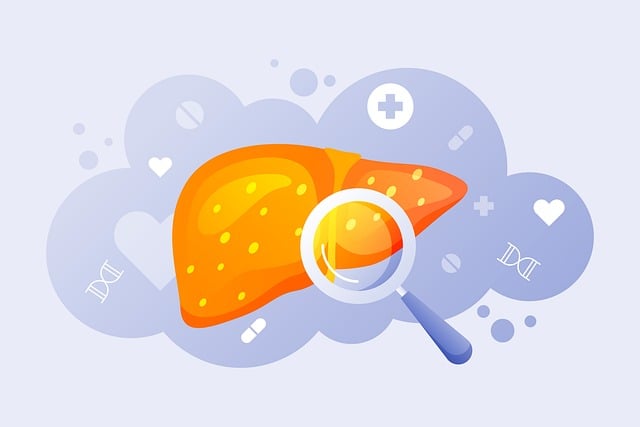Liver disease can manifest with a variety of symptoms, and the signs of liver illness can vary depending on the specific condition and its severity. Some common signs and symptoms of liver disease include:
- Jaundice: Yellowing of the skin and the whites of the eyes (sclera) due to a buildup of bilirubin in the bloodstream. Jaundice is a classic sign of liver dysfunction.
- Fatigue: Feeling unusually tired or weak, even with adequate rest, is a common symptom of liver disease.
- Abdominal Pain: Discomfort or pain in the upper right side of the abdomen can be a sign of liver inflammation or enlargement.
- Dark Urine: Urine may appear dark or brownish due to the presence of excess bilirubin.
- Pale Stools: Stools may become light-colored or clay-colored when the liver is not producing enough bile.
- Swelling (Edema): Swelling in the abdomen, legs, or ankles may occur due to fluid retention, a condition called edema.
- Itchy Skin: Pruritus, or persistent itching of the skin, is another common symptom of liver disease.
- Nausea and Vomiting: Liver dysfunction can lead to digestive problems, including nausea and vomiting.
- Loss of Appetite: A decrease in appetite and unintended weight loss may occur.
- Abdominal Tenderness: The liver may become enlarged and tender to the touch in some liver conditions.
- Cognitive Changes: In advanced liver disease, symptoms like confusion, forgetfulness, and difficulty concentrating (hepatic encephalopathy) can occur.
- Spider Angiomas: The appearance of spider-like blood vessels on the skin, particularly on the upper body, can be a sign of liver disease.
- Easy Bruising and Bleeding: Liver disease can lead to reduced production of blood-clotting proteins, increasing the risk of easy bruising and prolonged bleeding.
- Swelling of the Breasts and Shrinkage of the Testicles (in men): These changes can occur due to hormonal imbalances caused by liver disease.
It's important to note that some liver diseases, such as non-alcoholic fatty liver disease (NAFLD), may not present noticeable symptoms in the early stages. Therefore, regular check-ups and liver function tests are essential for early detection. If you or someone you know is experiencing persistent or severe symptoms associated with liver disease, it is important to seek medical attention for a proper diagnosis and treatment. Liver disease can have various causes, including viral infections, alcohol abuse, fatty liver disease, and genetic conditions, so the specific cause and treatment options may differ for each individual.
Top Stories, Trending, Viral, Jobs, Information & Entertainment Telegram Channel Click to Join Infimor
